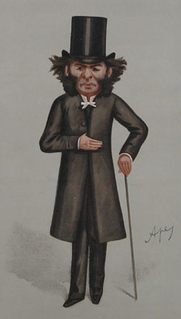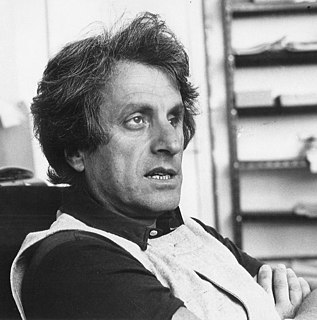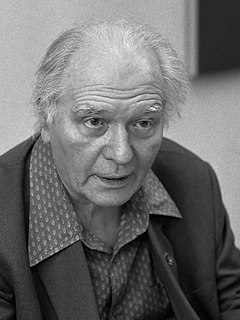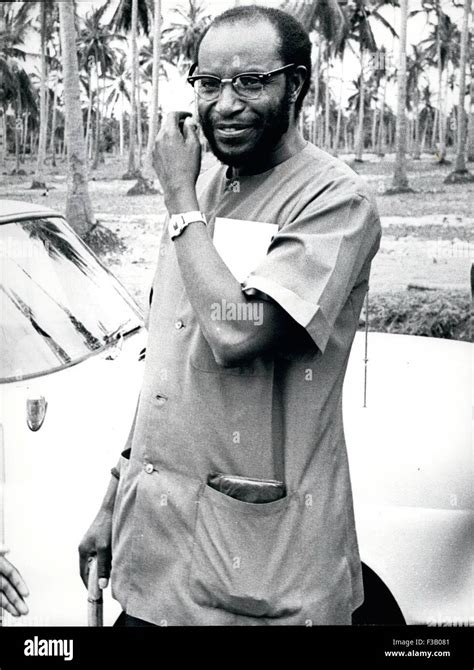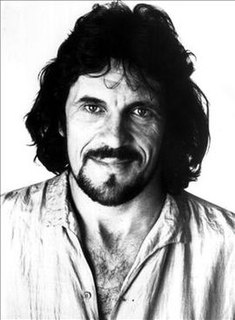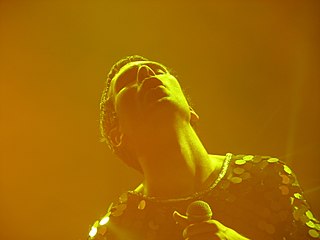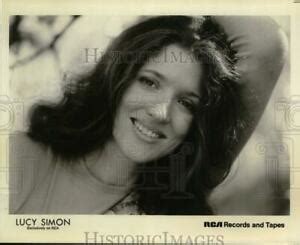Цитата Хью Реджинальда Хавейса
Хотя музыка апеллирует просто к эмоциям и сама по себе не представляет определенных образов, мы вправе использовать любой язык, который может служить для передачи другим наших музыкальных выражений. Слова часто прокладывают путь к более тонким операциям музыки и открывают сокровища, которые могут быть извлечены одним только звуком, и отсюда вечная популярность песни.
Связанные цитаты
Создавать музыку означает выражать человеческий разум звуковыми средствами. Это интеллект в его самом широком смысле, который включает в себя не только странствия чистой логики, но и «логику» эмоций и интуиции. Мои музыкальные приемы, часто строгие по своей внутренней структуре, оставляют много отверстий, через которые могут проникнуть самые сложные и таинственные факторы интеллекта.
Даже песня птиц, которую мы не можем подчинить никакому музыкальному правилу, кажется более свободной и, следовательно, более вкусовой, чем песня человека, воспроизводимая по всем правилам музыки; ибо мы гораздо быстрее устаем от последнего, если он повторяется часто и долго. Здесь, однако, мы, вероятно, путаем свое участие в веселье любимого нами маленького существа с красотой его песни; ибо, если бы это было в точности воспроизведено человеком (как иногда и соловейные звуки), то оно показалось бы нашему уху совершенно лишенным вкуса.
Музыка. – В музыке есть что-то очень прекрасное. Слова достаточно прекрасны, но музыка еще прекраснее. Он говорит не с нашими мыслями, как слова: он говорит прямо с нашим сердцем и духом, с самой сердцевиной и корнем наших душ. Музыка успокаивает нас, возбуждает; оно вселяет в нас благородные чувства; оно растапливает нас до слез, мы не знаем как: — это язык сам по себе, столь же совершенный в своем роде, как речь, как слова; такой же божественный, такой же благословенный.
Звуковые слова не могут быть поняты только посредством формального изучения языка. Они ощущаются, когда вы погружаетесь в культуру или образ жизни, которые становятся частью вас. Японский язык изобилует звукоподражаниями. Несмотря на то, что я живу в Японии долгое время, звуковые слова все еще остаются неуверенной территорией. И я думаю, что новые слова создаются каждый день. Даже когда я не знаю слова, я иногда могу связать его со значением, используя ощущения, создаваемые звуками, что похоже на игру словами.
Культура является достоянием всех нас. некоторые могут быть больше других заинтересованы в сокровищах прошлого, но никто не может не гордиться участием своей страны в истории человечества, представленной в резьбе, скульптуре, музыке, живописи и других видах искусства. И в этом есть личная приверженность, потому что ни один человек не может сказать, что он одинок: мы все связаны нашей идентичностью с культурами, которые являются частью основного течения жизни.
Изложение идей в стихотворении может иметь отношение к логике. Более глубоко его можно отождествить с эмоциональным развитием стихотворения с точки зрения музыки и образов, так что стихотворение живет повсюду. Другое, более фундаментальное утверждение в поэзии делается через сами образы, те заявления, пробуждающие воспоминания, точные и музыкальные, которые движутся во времени и являются действиями стихотворения.
Если у вас есть слова и вы хотите написать для них музыку, слова поражают вас чувством, которое вы не можете описать словами, и поэтому вы накладываете на них музыку, и таким образом вы устанавливаете контакт со словами. , через музыкальную вещь. Это происходит, когда два чувства объединяются, делают что-то вместе и дополняют друг друга.
Есть разница между письмом, письменным словом и музыкой. Когда у вас есть чистая страница, она не издает ни звука, как это происходит со мной каждую ночь, когда я играю. Есть этот сумасшедший момент: первая отметка, которую вы делаете на странице. Но звук может вдохновить звук, как слова не могут вдохновить слова — по крайней мере, для меня. Сама природа звука до сих пор остается для меня огромной загадкой. Я очень рада этому.
